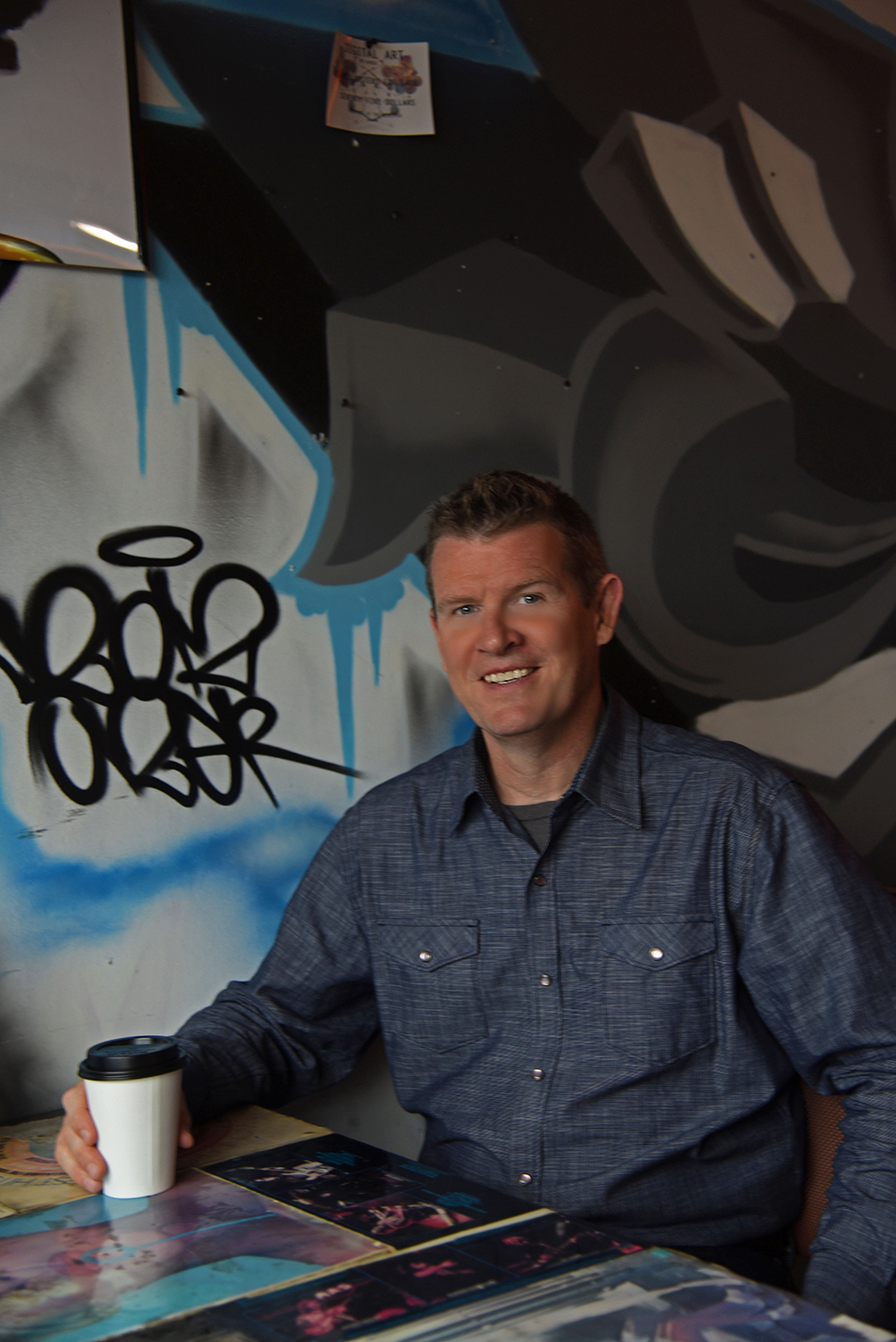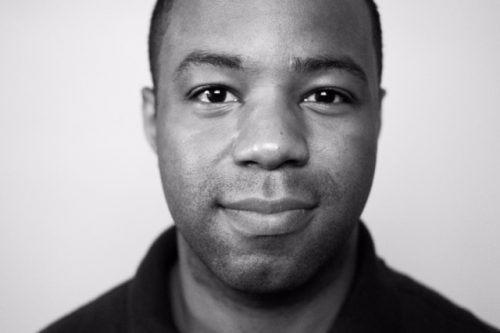Dave Delaney is the founder of inbound marketing company Futureforth— a one-stop-shop for social media strategy, email marketing and blogging. The author and award-winning marketing veteran has enjoyed engaging on and offline as long as he can remember. Uniquely gifted at establishing connections, Delaney is just as charming at a cocktail party as in a Linked In conversation. However, it is his genuine love for learning about others that has helped him build and nurture a successful solopreneur career. The Toronto, Canada native, who refers to himself as a “lifelong chat room boy,” was always awestruck by technology. Upon joining the working force, Delaney attempted to incorporate it into every one of his positions. In 2015, after years of fluctuating between freelance consultation jobs, the digital marketing expert officially went off on his own. Ever since, via his platform Futureforth, he has taught entrepreneurs, corporations, and small businesses how to share information and develop online communities. Like any relationship, as Delaney explains, engaging online is a two-way street. One must ask questions, listen, and refrain from rambling about themselves all of the time in order to make an impact.
What is it about digital marketing that fascinates you?
DD: I’m a people person who love technology and connecting with others online and offline. Everything in my life comes down to relationships and networking. My first significant blog, New Media Nashville, covered stories surrounding Nashville technology. In a way, it prompted me to do my homework about the people and companies in my new city.
When did you get the confidence to go off on your own and start Futureforth?
DD: In 2007, Marcus Whitney, Kelly Stewart, and I cofounded Bar Camp Nashville, which was the city’s first technology conference. Mobile accessory company Griffin Technology was one of our sponsors and during that time I got to know their team. They eventually hired me to manage their social media marketing and content marketing, which was my dream opportunity—to help promote a brand that I admired in a super nerdy space. Through that position, I realized how much others valued my input, even if it was just in casual conversations. Recognizing that they respected my expertise was enough ammo to eventually make a go at it on my own.
At what point did you feel like you could call yourself a consultant?
DD: When I realized that others considered my ideas and opinions valuable. That’s not to say I wasn’t filled with self-doubt because we all go through it. Whether it’s writing a book or putting up a blog, you just push through.
What does your typical week look like considering you alternate between many different arenas?
DD: I’m still figuring out how to be a full-time juggler. (Laughs) My work definitely depends on what is needed for that particular client but typically I start out by auditing what they are doing, come up with a strategy, and then consult on a monthly basis. I also provide in-person training and workshops and speak at conferences and events. I am a one-man army so one week looks completely different from the next.
You had a really great article on your blog called “Must Feed Family” about fine tuning your ideas. How do you know when you want to pursue one?
DD: I have a whiteboard in my office, right above my desk, where I map out how much I’m earning, the projects I’m currently focused on, and how much I need to earn in order to hit my financial goals. As soon as I get distracted with new ideas, I jot them down, look up and get refocused. Later on, I might revisit those ideas and decide whether or not to give them a try.
Same. How did you attract your first clients?
DD: Word of mouth. Still, as an entrepreneurI am always hustling. The nature of owning your own business is that there are ups and downs.
I appreciate that you don’t mind talking about the tough times.
DD: There is a lot of loneliness that comes along with working by yourself, which is why I try to share about it on my personal blog. I try to be truthful but I guess I don’t get asked the hard questions often enough. Working on your own means financial instability yet, it also gives me the freedom to spend vast amounts of time with my family.
I don’t understand why “failure” is such a touchy topic.
DD: I try to measure success in terms of my own metrics. I have two healthy, awesome kids and a wife who I’m in love with. Even if I don’t hit my financial goals some months, I take a step back and realize that life is awesome.
Were you ever uncomfortable being your own salesman?
DD: No because if you don’t tell people, they don’t know. I used to have a hard time asking for money until I realized we needed to eat.
Has monetizing your one-time hobby taken away any of the fun?
DD: No, but I do have to unplug from time to time. However, getting off Facebook, Linked In or Twitter for a month in my industry can be like a lifeguard taking a break when everyone is still in the pool. Networking on and offline is the lifeblood of my business.
What is your advice for someone who isn’t tech savvy yet knows they have to engage on social media?
DD: Ask yourself why you need to be on social media in the first place. Once you know, find your tribe. You don’t have to be everywhere all of the time. Carve out a block of time each day to jump online and engage.
What about how not to be on social media all the time?
DD: (Laughs) Put your phone on airplane mode and don’t feel guilty about it. I turn the Wifi off on my computer when I’m writing. That is the only way I can get any work done. And allocate time to write, read, or just relax. Having quiet time helps me organize and enjoy my life.




